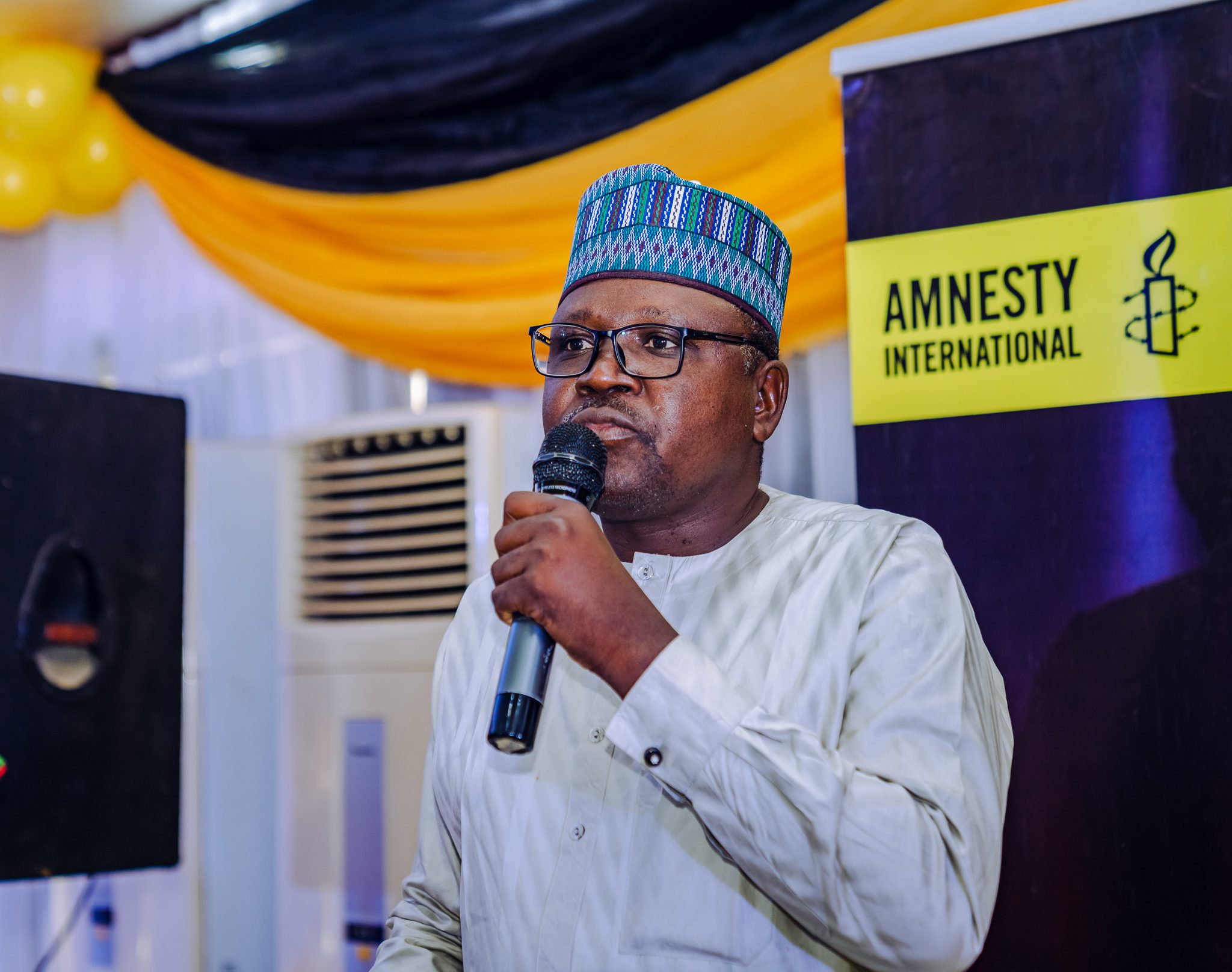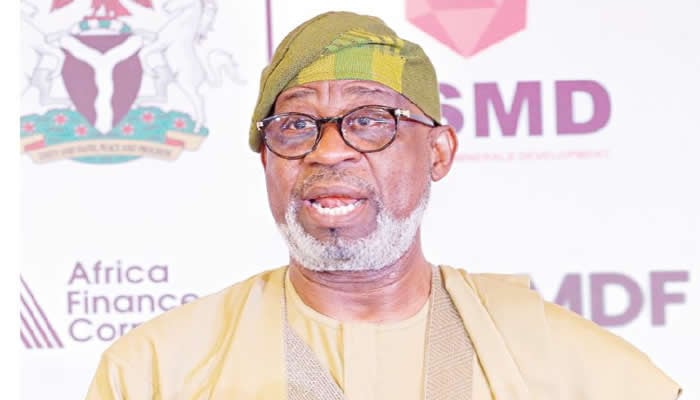Amnesty International has called on the Federal Government to end the recurring killings in the South-East region of the country.
The Country Director of Amnesty International in Nigeria, Isa Sanusi, disclosed this on Thursday during the relaunch of its report titled A decade of impunity: Attacks and unlawful killings in South-East Nigeria, held in Ikeja, Lagos State.
Amnesty had, in August, revealed that no fewer than 1,844 people were killed in the South-East between January 2021 and June 2023.
The human rights group had accused Nigerian authorities of enabling a “free-for-all reign of impunity” in the region, where “numerous state and non-state actors have committed serious human rights violations,” leaving communities in fear and devastation.’
The group had also alleged that the killings were carried out by gunmen, state-backed paramilitaries, vigilantes, criminal gangs, cult groups, and security agencies, including the military and police.
It linked the violence to the government’s clampdown on pro-Biafra protests since August 2015 and cited “unlawful killings, arbitrary arrests, torture, enforced disappearances, and destruction of properties” as common occurrences.
Speaking on Thursday, Sanusi noted that the silence of the South-East governors to its enquiries on the killings demonstrated the lack of commitment to ending the carnage that has left families devastated, lives lost, and the socioeconomic development of the region hampered.
He said, “That means to us that the government is not taking the matter seriously, because if they were taking it seriously, there is no way they would ignore any communication about it.
“The fact that we wrote not only to the state governments, but also to the Nigerian Army, the Nigerian Police, and all security agencies, but they kept quiet and refused to respond. Definitely, that shows that they are not going to respond to these issues.
“So, when they say they are committed to solving the problem, we don’t believe them. We know these issues affect people, and the government should be the first to recognise these issues.”
He urged the FG to undertake a thorough investigation into the alleged violence perpetrated by state actors and ensure the safety of lives and properties in the region.
“The Nigerian authorities must uphold their constitutional and international human rights obligations by guaranteeing, protecting, and ensuring the rights to life, physical integrity, liberty, security, and safety of the people, and stemming the tide of rampant insecurity in the South-East region.
“Authorities must undertake prompt, thorough, independent, impartial, transparent and effective investigations into all allegations of violations and abuses committed by state and non-state actors in the region,” Sanusi concluded.
Meanwhile, recall that the Inspector-General of Police, Kayode Egbetokun, had ordered a review of a report by Amnesty International alleging extrajudicial killings and human rights violations in the South-East.
The IGP noted that the review would compare the allegations with operational records, field intelligence, and reports from commands and tactical units in the region.
The Defence Headquarters had, in its reaction, also dismissed allegations by Amnesty International that troops were involved in the extrajudicial killings.
Killings in the South-East have continued to raise concerns among stakeholders and experts alike. Between July and August 2025, no fewer than 12 people were killed after some gunmen invaded five communities in Imo State
FOLLOW US ON:
FACEBOOK
TWITTER
PINTEREST
TIKTOK
YOUTUBE
LINKEDIN
TUMBLR
INSTAGRAM































